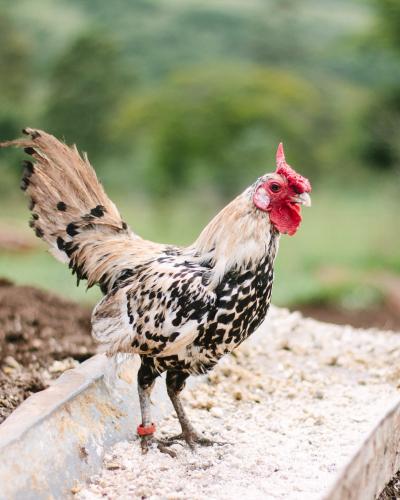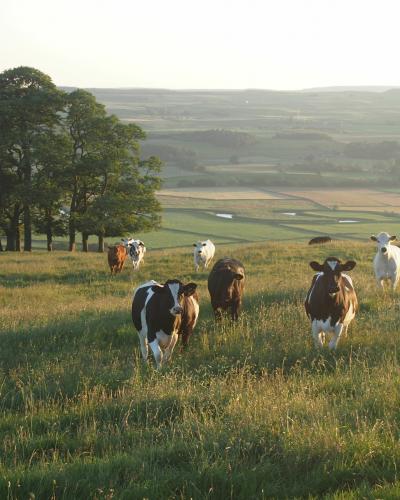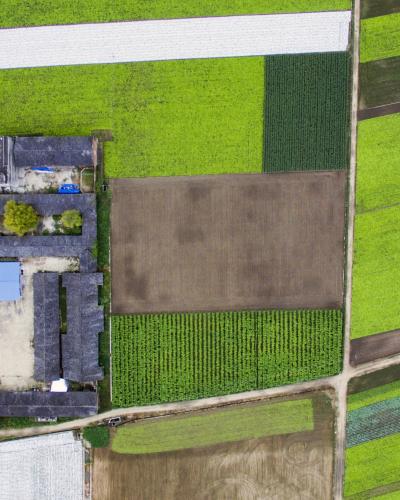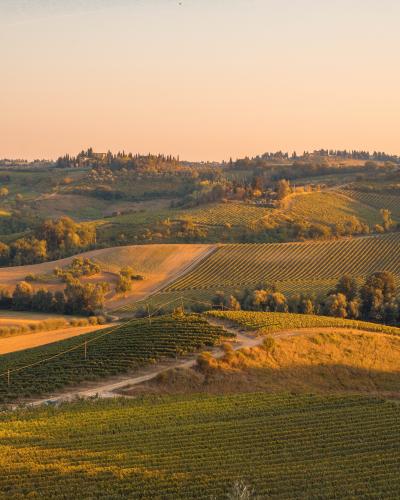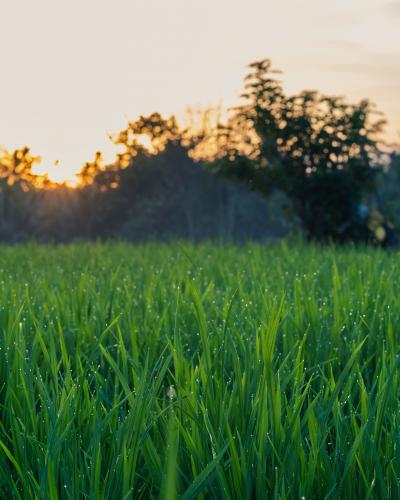A new review published in the journal Agronomy compiles scientific evidence showing that using recycled animal waste to manage fertility for food production is important for boosting in yields in...
There is so much (in)credible science that explains why organic is a good choice for people and the planet, and more is published every week. The Organic Center summarizes the latest research into distilled bites so you can make informed choices. We only report on peer-reviewed studies and always will. Check out our research blog and sign up for our newsletter to get the latest science delivered right to your inbox.
Oct 18, 2021
Using biological soil amendments in organic farming is the most effective way to store carbon in the ground to fight climate change and boost soil health for better food production. And since...
Oct 04, 2021
A recent study presented at the EurAsia Waste Management Symposium found that when organic cotton is substituted for conventional cotton in denim production, 11 indicators of global warming, human...
Sep 27, 2021
Climate change has increased extreme weather events like flood and drought, while population growth and development have caused habitat loss and fragmentation, and both of these climate and land...
Sep 20, 2021
A new study in the journal Nutrients has found that packaged and processed foods with the USDA Organic label contain fewer ingredients that are linked to negative health outcomes than non-organic...
Sep 13, 2021
There is a growing body of science that shows organic farming is more profitable than conventional. While this is largely attributed to higher premiums paid for the organic brand, a recent study...
Sep 06, 2021
Farming comes in all shapes and sizes and varies in levels of sustainability, though there has been a growing global push for all farming to become more equitable and better for human and...
Aug 23, 2021
A study published in Soil Science Society of America Journal shows that organic farming emits fewer greenhouse gases and has lower global warming potential than conventional farming. The study...
Aug 16, 2021
A recent study from Geoderma shows that over time, organic yields can match and even exceed those of conventional when built up soil health and biodiversity lead to better crop production. This...
Aug 09, 2021
Brain development and cognition is influenced by environmental factors and the most formative time occurs before birth and during childhood. A unique study recently published in the journal...

